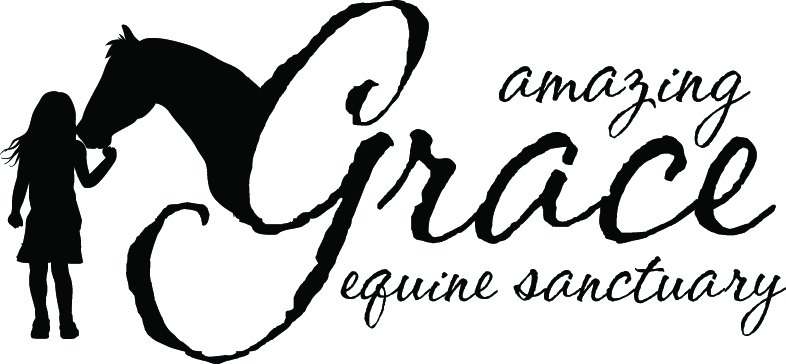Help…
I am looking for a new home for my horse.
Are you able to help me?
This is a question people ask AGES all too often. People enduring hardships like unemployment, foreclosure, illness, or divorce ask AGES for help by taking in their horses. Unfortunately, AGES is nearly always at full capacity and has a long waiting list of horses that need our help.
When spaces do open at AGES, usually due to a horse being adopted, AGES fills that space with another horse. Many of our horses are owner-surrendered. In addition, AGES takes in horses that have been seized or surrendered to the local authorities. AGES also rescues horses from auctions. Because of the commitment we make to each of our horses, we keep the number of horses at AGES at a level we can safely manage.
When space becomes available, AGES typically takes in the same type of horse that was just adopted out. For example, if the adopted horse was a project AGES takes in another project horse or a pasture horse for a pasture horse. Typically, these horses take longer, potentially 2 years or more, to find new homes for them. Please consider this if your horse is a pasture or project horse. The sounder horses AGES accepts help financially support the pasture and project horses AGES takes in.
Since AGES does not always have openings. We have prepared a list of possible options to help horse owners with their animals. Please read and consider each carefully before completing the surrender form.
Keep your horse
Horse ownership is a responsibility. So before giving up on that responsibility, have all available options been explored to lower expenses? The safest place for a horse is right at home; therefore, prior to relinquishing your horse, please consider these money-saving tips:
Find lower cost boarding options. If full care board is too expensive, look into partial care board, self-care board, or pasture board. You may have to give up some amenities like a riding arena, but keeping your horse safe often means making sacrifices.
Locate a cheaper source of hay.
Buy in bulk. Go in with other horse owners to purchase items like hay, grain, and shavings. Buying in bulk can get you better pricing.
Prioritize spending. If money is tight, focus on the most necessary care, like vaccinations and hoof trimming.
Seek out temporary assistance. Help, such as free or low-cost vet clinics, is out there. By networking and searching, temporary assistance can be found.
Lease your Horse
Leasing your horse is an option that may provide relief from both the financial aspects of horse ownership and the day-to-day care of the horse, and it eliminates the risk of giving up ownership. Most full leases require the lessee to pay for board, hay and grain, and routine vet and farrier care. The lessee in turn has full use of the horse. Another option is a shared Lease, meaning the care costs are split with a lessee in exchange for riding privileges. Additional information regarding leasing options can be found on the Internet. Please research and carefully decide how the lease should be structured.
Euthanasia
Is your horse elderly, emotionally unstable, or medically unsound? If the horse is elderly (25-30+ years old) and has been with you for all, or a good portion, of its life, a change at this age is difficult and can be confusing for him/her. Along with emotionally unstable and medically unsound horses, elderly horses are typically pasture pets. Finding homes for these horses can be difficult, especially in financially hard times. It typically takes a minimum of 2 years to find a new home for a pasture pet. Sometimes in these cases, euthanizing the horse is the more humane option.
Retirement Facility
AGES’ main mission with each horse is to rehabilitate it, when possible, to his/her fullest physical and mental potential. Once the overall health, well-being, and soundness of a horse are accomplished, it is time to find them a new home. AGES is not a retirement facility. If your horse is not ready for euthanasia and you do not wish the horse to be rehomed, then a retirement facility may be an option.

